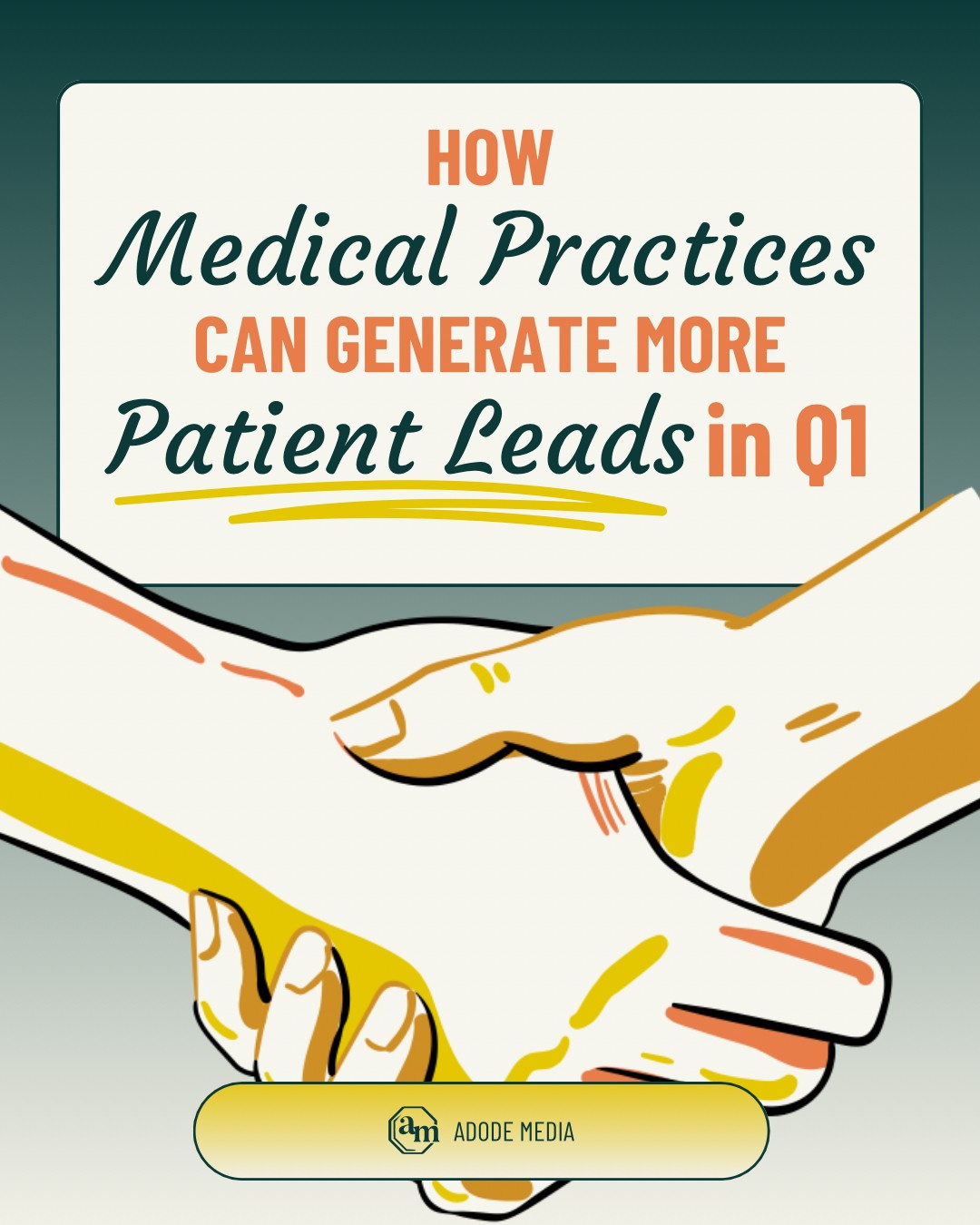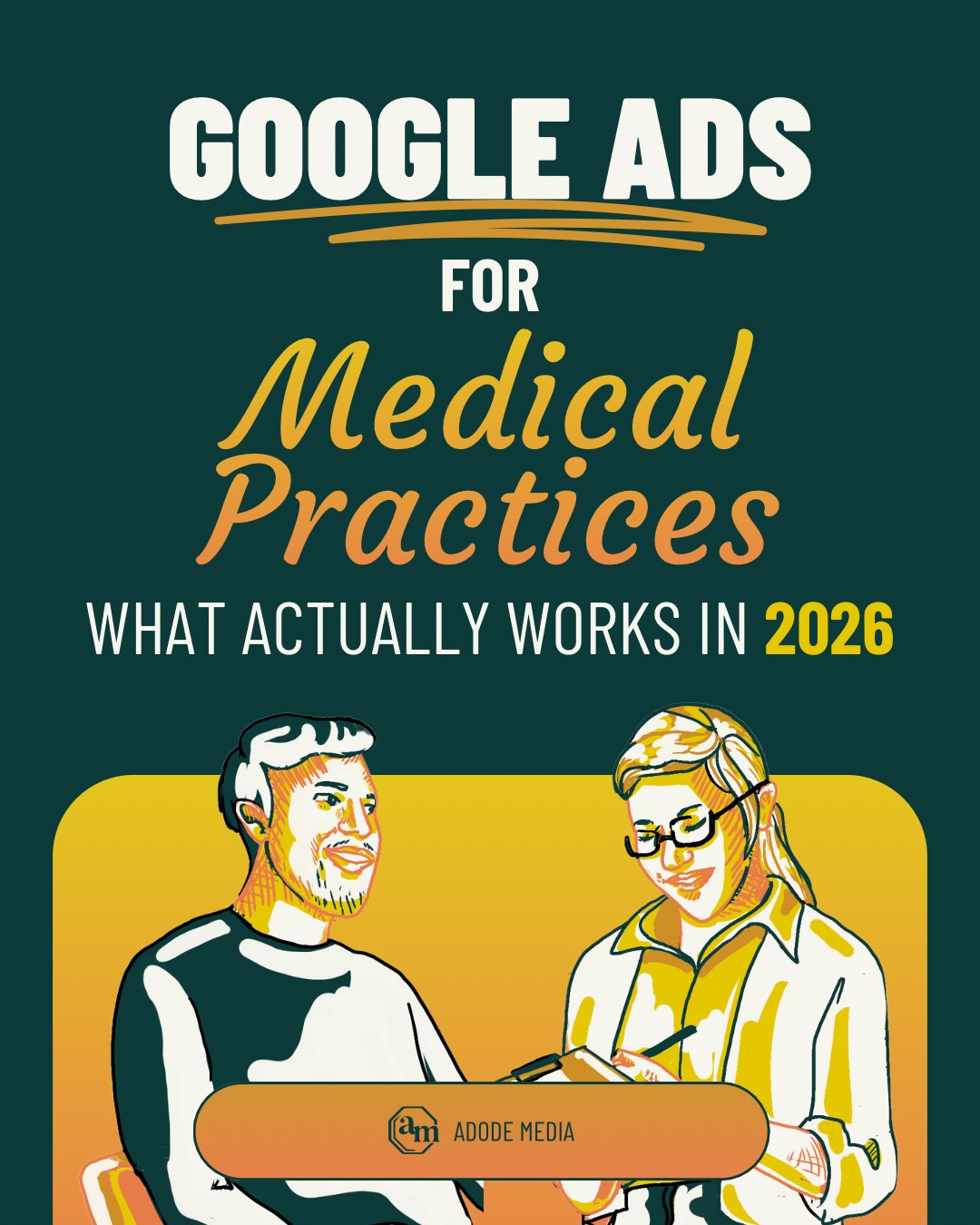Content
How to Leverage Data Analytics to Improve Content Strategy
Content Marketing is no longer just about publishing blogs or creating social media posts. Brands today face strong competition for attention, and audiences are smarter than ever. To stand out, you need to know what works and what does not. That is where data analytics for content strategy comes in.
By using data, you can see what type of content your audience enjoys, which platforms bring the most traffic, and how to adjust your efforts for better results. In this blog, we will explore how to improve content strategy with data, what tools you can use, and examples of how analytics can guide your next content plan.
Why Data Analytics Matters in Content Strategy
Without data, content planning is often based on guesses. You might create blogs, video, or social posts that look good but do not connect with your target audience. Analytics removes the guesswork.
The role of analytics in content strategy is to give you proof of what works. Data can show you:
Which topics attract the most readers
How long people stay on page
What posts lead to conversions, such as sign-ups or sales
Which platforms drive the highest traffic
In short, analytics tells you where to focus your energy. This is how businesses succeed with content strategy using data analytics instead of relying on guesswork.

Benefits of Using Data Analytics in Content Marketing
When you use content marketing analytics, you unlock many benefits that help you grow your brand.
Better Audience Understanding
Analytics shows you who your audience is, where they come from, and what they like. You can tailor your content to match their needs.
Stronger Content Performance
By measuring content performance with analytics, you know which pieces work best. This lets you create more of what your audience wants.
Higher Engagement
You can track clicks, shares, and comments. By improving audience engagement with analytics, your content builds stronger relationships.
More Conversions
Data shows you which calls-to-action or formats lead people to take the next step, whether that is subscribing, buying, or contacting you.
Smarter Resource Use
Instead of spreading your budget thin, analytics helps you optimize content strategy through data analytics by focusing on the best channels.

How to Use Data Analytics to Improve Content Strategy
Now let’s explore step by step how to actually apply analytics to your content marketing
Define Your Goals
Before tracking data, you need to know your goals. Do you want more website visitors? More sales leads? Higher engagement on social media? Your goals will guide what you measure.
Track the Right Metrics
Once you know your goals, you can decide what to measure. Some common metrics include:
Page views and unique visitors.
Bounce rate (how fast people leave).
Average time on page.
Social shares and comments.
Conversion rates.
These numbers give you a clear view of content performance.
Study Your Audience Behavior
Look at your analytics dashboard. Which posts get the most traffic? What keywords bring people to your site? What devices do they use? These insights guide your planning. This is using data-driven insights for content creation in action.
Compare Different Formats
Check how blogs, videos, infographics, and social posts perform. For example, you may see that videos have more engagement while blogs drive more traffic from search engines. This helps you balance your content mix.
Adjust Your Strategy Regularly
Analytics is not a one-time task. Keep checking your numbers and refining your strategy. This cycle of testing, measuring, and improving is the key to success.
This process explains how to use data analytics to improve content strategy in a practical way.
Best Data Analytics Tools for Content Marketing
You don’t need to guess which tool to use. There are many options, from free to paid. Here are some of the best data analytics tools for content marketing:
Google Analytics: Great for tracking website traffic, user behavior, and conversions.
Google Search Console: Helps you see which keywords bring people to your site.
HubSpot: Offers content performance insights along with customer data.
SEMrush or Ahrefs: Ideal for keyword research and competitor analysis.
BuzzSumo: Helps you discover trending topics and content performance on social media.
Hotjar: Shows you heatmaps and session recordings so you know how visitors interact with your pages.
These tools make leveraging data for content marketing much easier.

Using Analytics to Improve Audience Engagement
One of the best uses of data is improving audience engagement with analytics. Here are some ways:
Look at which blog posts get the most comments and create similar topics.
Track which headlines get the highest clicks and apply that style to future titles.
Study social media analytics to find the best posting times.
Use A/B testing on email subject lines to see which words engage your audience.
By paying attention to small details in the data, you build stronger relationships with your readers.
Common Mistakes to Avoid When Using Analytics
While analytics is powerful, many marketers make mistakes that limit their results. Watch out for these:
Tracking Too Many Metrics
Focus on the numbers that align with your goals, not every detail.Ignoring Context
High traffic is good, but if visitors leave quickly, you need to improve quality.Not Taking Action
Data is useless if you don’t act on it. Always use insights to guide your strategy.Overlooking Mobile Users
Most people browse on mobile. Check analytics to make sure your content works well on all devices.
The future of marketing is data-driven. As tools become smarter, we will see even more ways to understand customer behavior. AI and machine learning will help predict what content will perform best before you even publish it.
For now, the best step is to start small. Use free tools like Google Analytics, track simple metrics, and learn from your results. Over time, you will master the skill of content strategy using data analytics.
By embracing analytics, you move from creating content based on assumptions to building strategies backed by real evidence. Start small, stay consistent, and keep learning from your data. Over time, you’ll not only create better content, you’ll build trust, engagement, and long-term growth for your brand.
Here at Adode Media, we bring data-driven storytelling to life. From expert podcast and video production to branding, website design, and digital marketing, our team helps you transform insights into strategies that resonate with your audience and drive results. If you’re ready to take your content strategy further, contact us today and we’re here to help make your vision a reality.
Who we are!
Adode |A-doe-day| Media is a podcasting, marketing, and visual content agency specializing in helping brands create meaningful connections with their audience. Adode has revolutionized the podcast industry by providing end to end production services to a variety of clients from corporations to influencers.
Sign up to our Newsletters
Looking for something?
Search here…
Instagram Feed
Creative marketing agency helping local Atlanta businesses grow through podcast production, branding, web design, and performance marketing.
Navigation
Contact
1827 Powers Ferry Rd,
Atlanta, GA, 30339
Get the latest information
All rights reserved.







